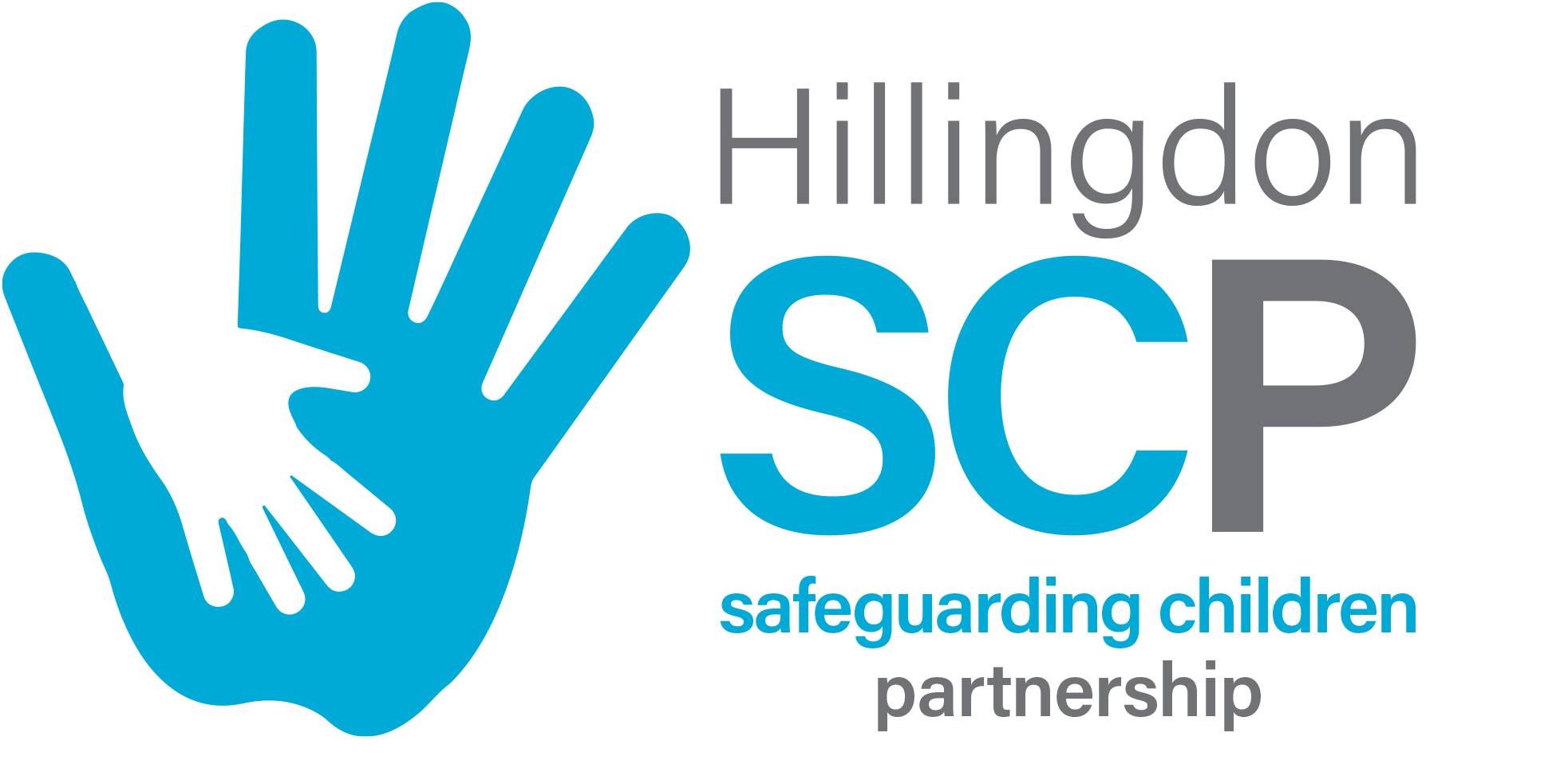Leaving care can feel like it is happening really quickly. Your social worker will support you to learn what you need to know to be independent, this starts when you are about 15 and a half.
Your social worker will talk with you about where you want to live, it can be different for everybody based on what would be best for you. Some options include:
- some young people ‘stay put’ with their foster carers,
- some move to shared housing,
- some live independently, and
- some live in supported or semi-supported housing. This means that there will be keyworkers and other adults available to help and advise you.
Getting Ready to Leave Care
There will be a new type of assessment called a Pathway Plan. A Pathway Plan is a document that outlines your journey to independence. It includes physical and mental health, money & budgeting, education and work, friends & family, identity, immigration, personal safety, legal rights and lots of other things that help you to be an independent adult. It is reviewed every six months to make sure it is still okay.
When you are 18 you will no longer have a social worker, and your personal adviser will be the main person supporting you until you turn 25, the support you will receive will depend on how old you are and what you need. Your social worker will introduce you to the Personal Advisor (PA) and handover the information that the PA needs to support you. The PA will support you to achieve your goals in your pathway plan, and also to set new ones.
There are lots of other supports out there for you:
- If you go to college you can get a bursary and help with travel costs
- If you decide to go to uni there will be widening participation officer, and you can get additional grants from the university and the local authority. There will also be support with living outside of term time
- If you are eligible for benefits a job coach can help you to look for work or to get ready for work
- If you are in supported accommodation, you will have a keyworker who can help you with housing and independent living skills
We know that setting up your own home is expensive, there is something called a Leaving Care Grant that can help with the essentials. At the moment the maximum amount of grant is £2000. There are rules about what this money can be spent on. There is more information about this here: Local Offer for Care Leavers
Our care leavers’ children in care council ‘Stepping Out’ is there to help other care leavers, and to help professionals understand what it is like to be a care leaver. We help to recruit new staff and attend corporate parenting panel. We share our difficulties and other young people’s difficulties where needed, we do challenge rules or policies that don’t make sense to young people and we have fun!

